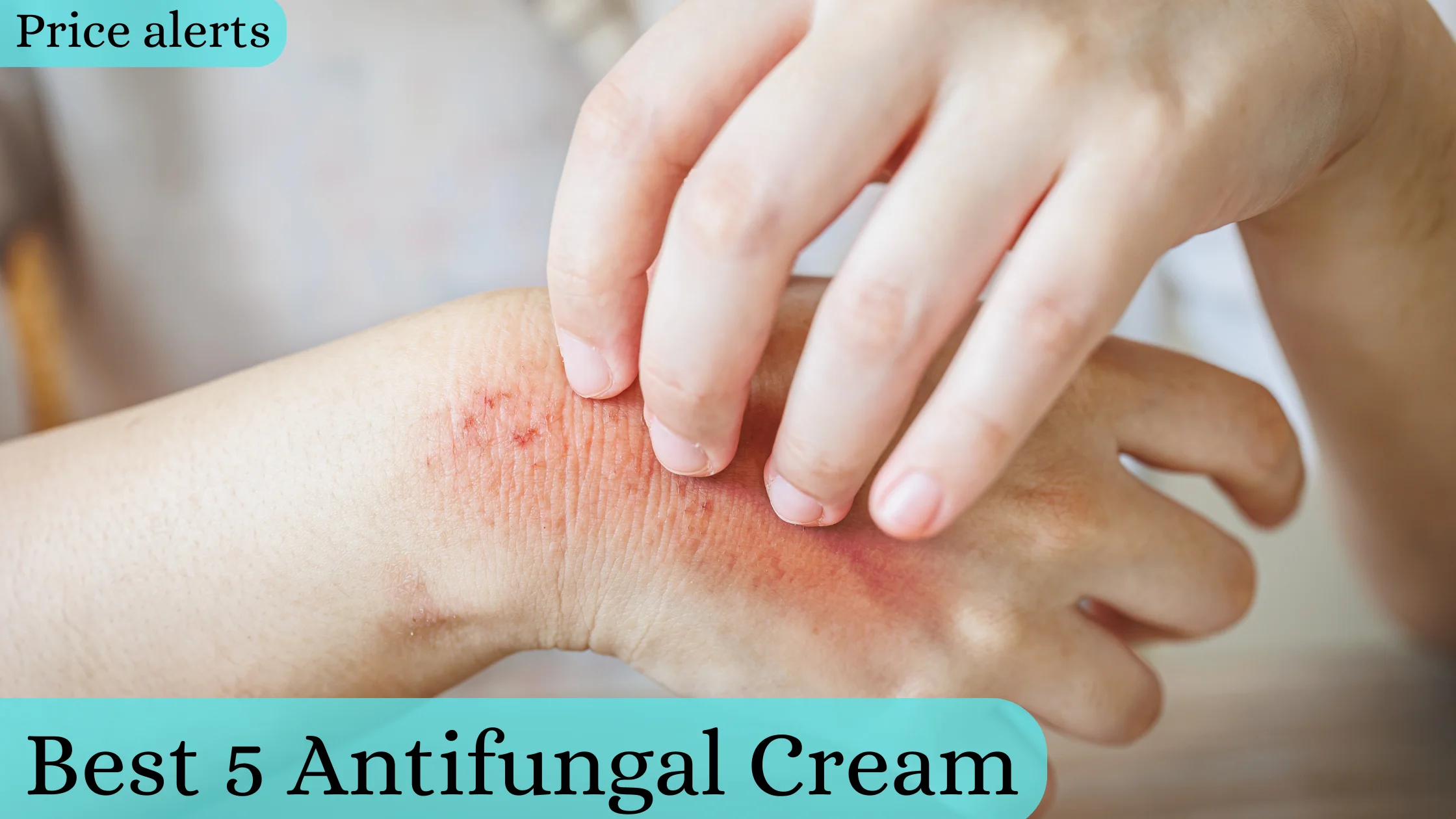Fungal infections can be a troublesome problem, causing discomfort and irritation. Thankfully, there are a number of effective antifungal creams available in Pakistan to combat these pesky infestations. However, with so many options on the market, choosing the right antifungal cream can be overwhelming. To help you make an informed decision, we have compiled a list of the 5 best antifungal creams available in Pakistan along with their prices.
Table of Contents
Read Similar Post: Adapco Cream Price in Pakistan
What are Fungal Infections?
Fungal infections, also known as mycoses, occur when fungi, a type of microorganism, overgrow and cause problems in the body. Although many fungi are harmless, some can cause infections of the skin, hair, nails, and even internal organs.
Common Types of Fungal Infections
- Skin infections: These are the most common type and include athlete’s foot, jock itch, ringworm, and yeast infections.
- Nail infections: Fungi can infect your fingernails or toenails, causing them to thicken, discolor, and become brittle.
- Internal infections: These are more serious and can affect the lungs, urinary tract, and other organs. It often occurs in people with weakened immune systems.
Antifungal Cream in Pakistan – Antifungal Cream Prices in Pakistan
| Sr NO | Cream Name | Brand | Size (Grams) | Price Range (PKR) |
| 1 | Lamisil | GlaxoSmithKline | 10gm | 270 – 300 |
| 2 | Lomexin | Pacific Pharma | 40gm | 430 – 470 |
| 3 | Canesten | Bayer | 20gm | 110 – 130 |
| 4 | Daktacort | Janssen | 10gm | 140 – 170 |
| 5 | Hydrozole | GlaxoSmithKline | 20gm | 250 – 280 |
Please note: that prices may vary depending on the pharmacy and location.
5 Best Antifungal Cream in Pakistan
1. Lamisil
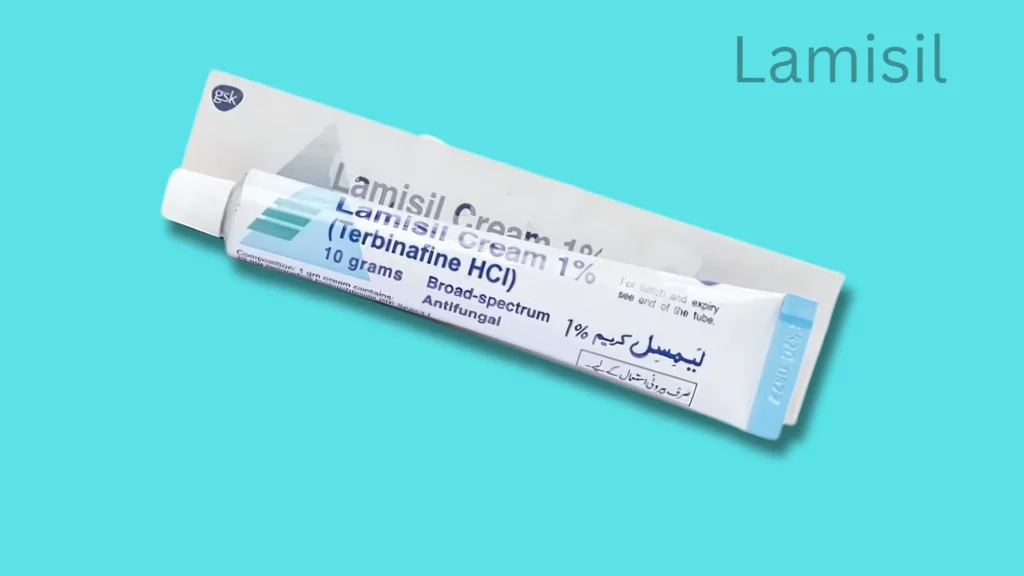
Lamisil is a widely used and effective antifungal cream for the treatment of various fungal infections. It is available in various strengths and formulations.
2. Lomexin
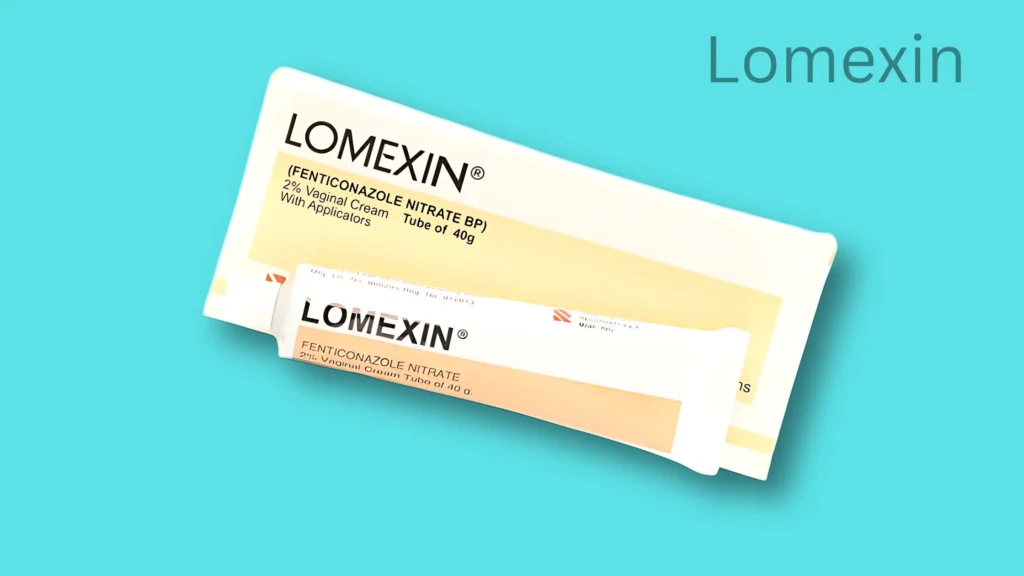
Lomexin is another popular choice for combating fungal infections. It works by inhibiting fungal growth.
3. Canesten
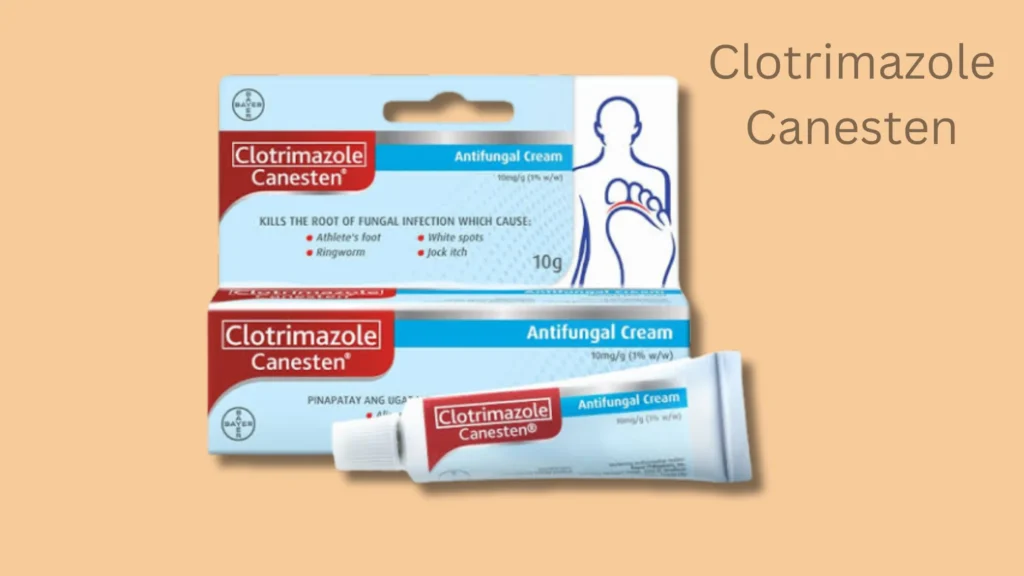
Canesten is a powerful antifungal cream that effectively treats stubborn fungal infections. It is often prescribed for more severe cases.
4. Daktacort
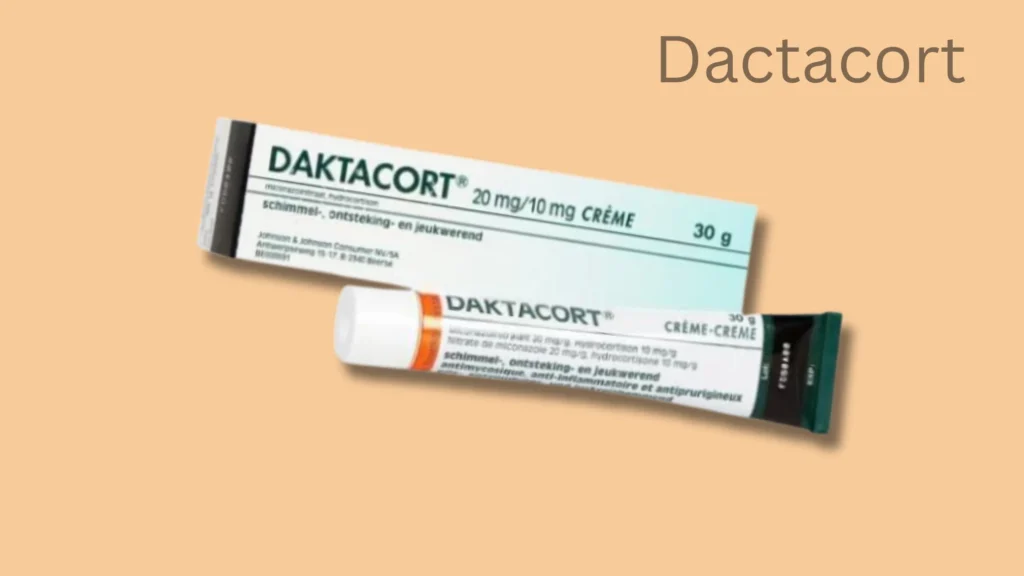
Daktacort is a fast-acting antifungal cream that targets a wide range of fungi. It is known to provide instant relief from itching and discomfort.
5. Hydrozole
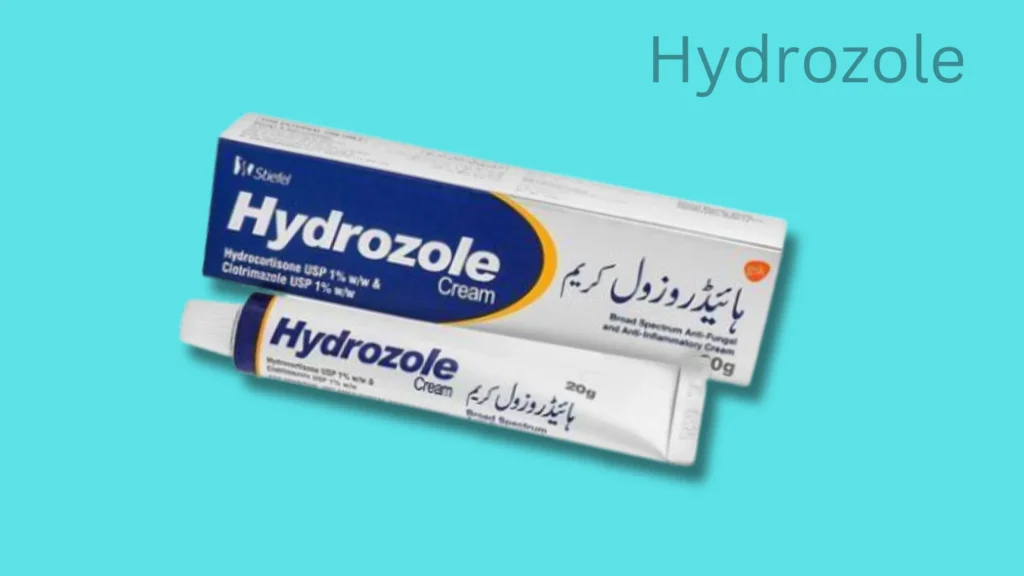
Hydrozole is an effective antifungal cream that has both anti-inflammatory and antifungal properties. It helps in clearing the infection apart from reducing the redness and swelling.
Key Takeaways About Antifungal Creams
- Antifungal creams are topical medications used to treat fungal infections of the skin.
- The most common fungal infections include athlete’s foot, jock itch, ringworm, and onychomycosis.
- Active ingredients like clotrimazole, miconazole, ketoconazole, terbinafine, and econazole effectively target fungi.
- Proper application involves cleaning the affected area, applying a thin layer of cream, and completing the full course of treatment.
- Antifungal creams help relieve symptoms like itching and redness while preventing infection spread.
- Always read the product label for specific instructions and ingredients.
- See a medical expert if your symptoms get worse or continue.
How to Use Antifungal Cream
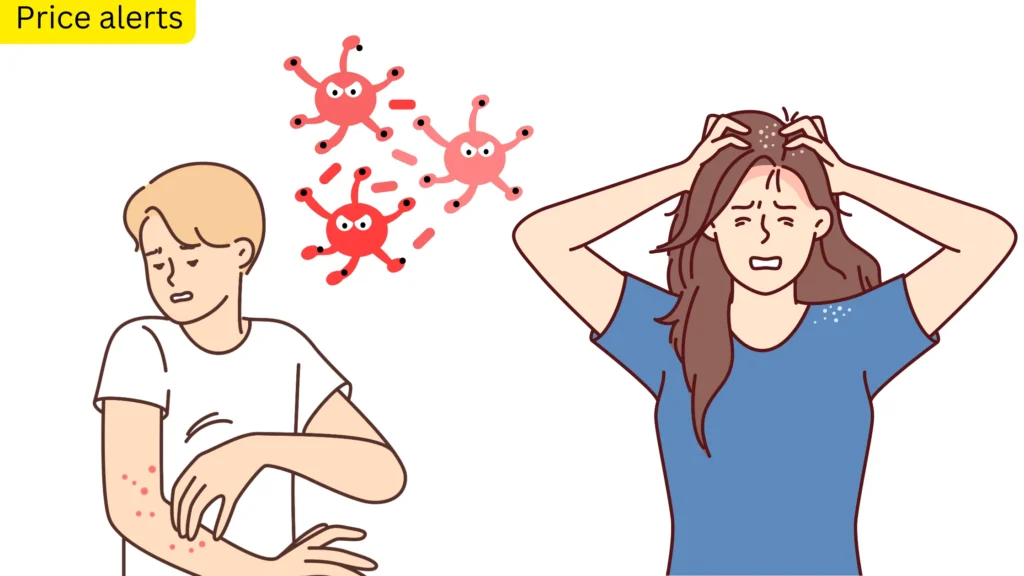
Proper application of antifungal cream is essential for effective treatment. Here’s a general guide:
Steps:
- Clean the affected area: Gently wash and dry the infected skin thoroughly with mild soap and water.
- Apply a thin layer: Take a small amount of cream and apply it evenly to the affected area and a small portion of the surrounding skin.
- Rub in gently: Massage the cream into the skin until it’s fully absorbed.
- Frequency: Apply the cream as directed on the product label, usually twice a day.
- Complete the course: Even if symptoms improve, continue using the cream for the full prescribed course to prevent the infection from returning.
Benefits of Antifungal Cream
Antifungal creams offer several key benefits in treating fungal infections:
- Effective treatment: They are specifically formulated to target and kill the fungi causing the infection.
- Symptom relief: Antifungal creams help alleviate itching, redness, and discomfort associated with fungal infections.
- Prevents spread: By treating the infection promptly, you can prevent it from spreading to other parts of your body or to other people.
- Convenience: Most antifungal creams are easy to apply and can be used at home.
- Improved quality of life: Successful treatment of a fungal infection can significantly enhance your overall comfort and well-being.
By using antifungal cream as directed, you can effectively manage and clear up your fungal infection.
Ingredients in Antifungal Creams
Antifungal creams typically contain two main types of ingredients:
Active Ingredients:
These are the substances that directly combat the fungal infection. Common active ingredients include:
- Clotrimazole: Effective against a wide range of fungi.
- Miconazole: Often used for athlete’s foot and ringworm.
- Ketoconazole: Stronger antifungal agent for more persistent infections.
- Terbinafine: Rapidly acting against many types of fungi.
- Econazole: Combats both fungi and inflammation.
Inactive Ingredients:
These ingredients help to create the cream’s texture, consistency, and stability. Common inactive ingredients include:
- Water: Used as a base for the cream.
- Emollients: Help soften and moisturize the skin.
- Thickening agents: Give the cream its consistency.
- Preservatives: Prevent the growth of bacteria and fungi in the cream.
It is important to note that specific ingredients in antifungal creams may vary by brand and product. Always read the product label carefully to determine the correct ingredients.
Conclusion
Fungal infections can be annoying, but with the right antifungal cream and proper care, they can be effectively managed. By understanding the different types of antifungal creams, their active ingredients, and how to apply them correctly, you can relieve the discomfort caused by these infections. Remember to always follow the directions on the product label and consult a health care professional if symptoms worsen or persist.
FAQs
Can I use any antifungal cream for any fungal infection?
No, different creams target specific types of fungi. Choose the right one for your infection.
How long does antifungal cream take to work?
Improvement may take a week, but complete the full course.
Can I use antifungal cream on my face?
Consult a doctor before using it on your face.
What if the antifungal cream doesn’t work?
See a healthcare professional for further evaluation.

